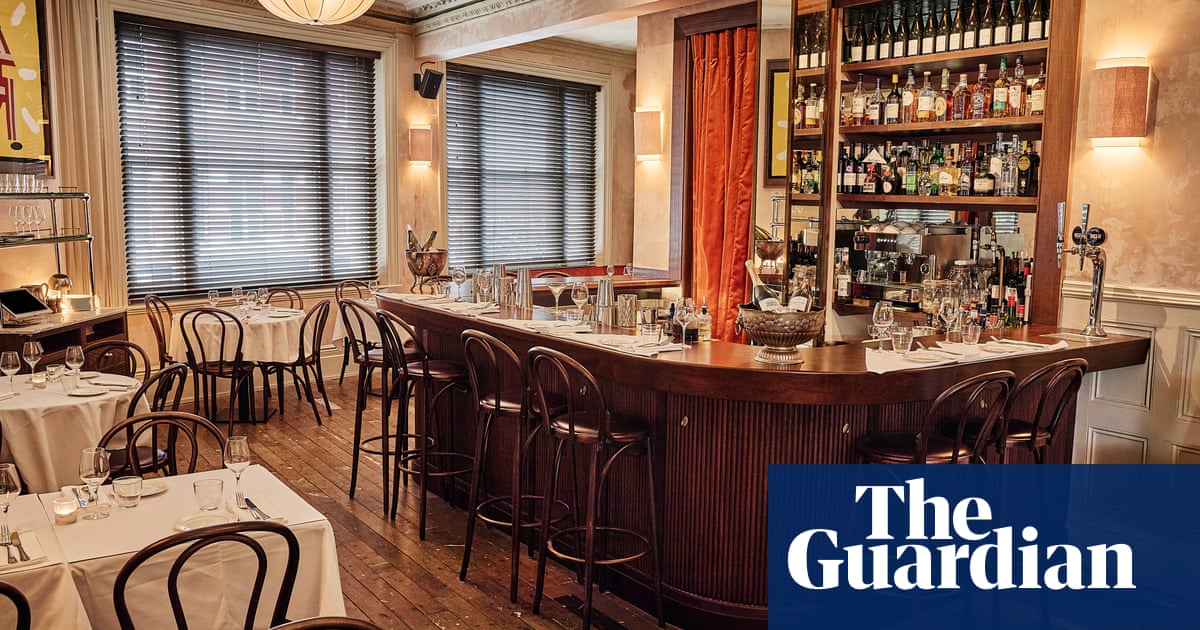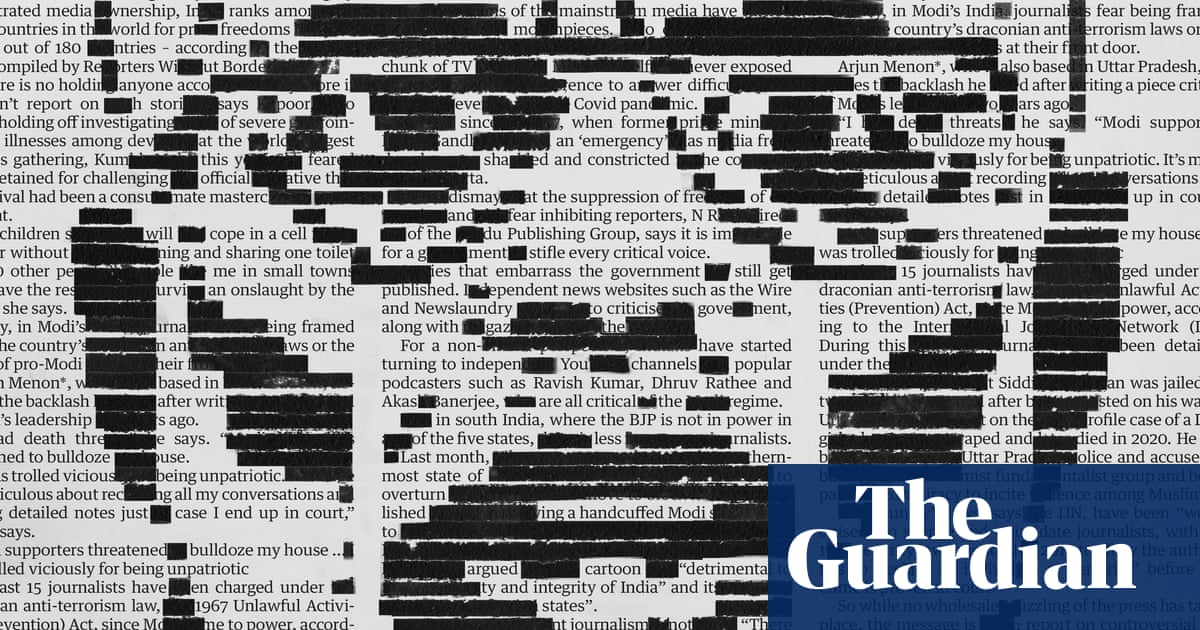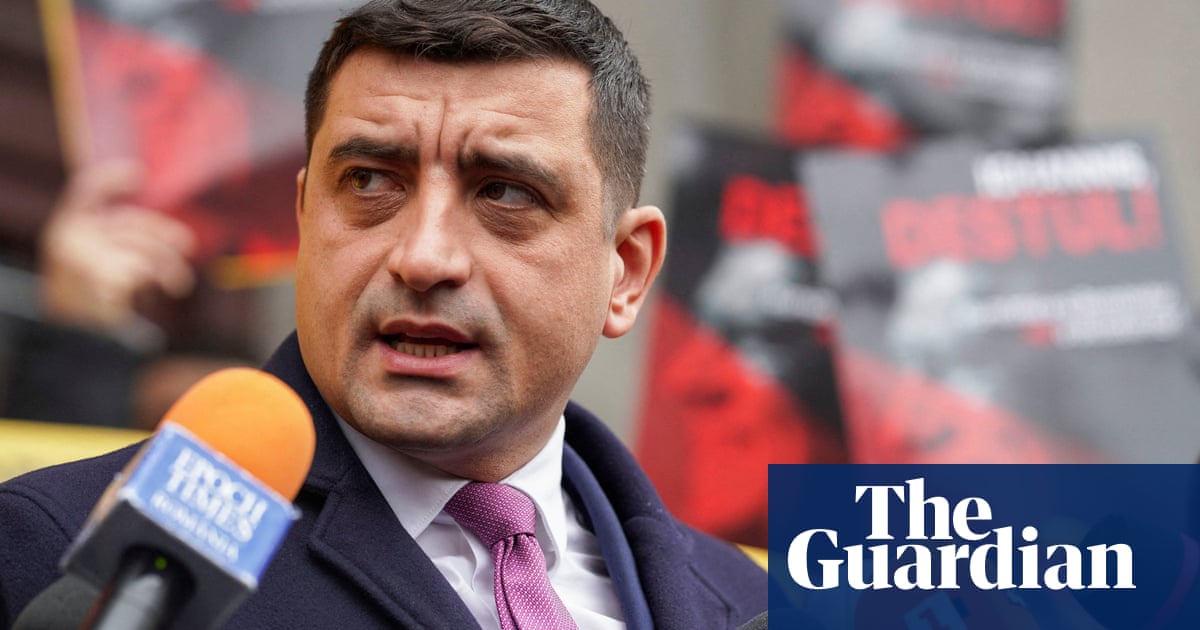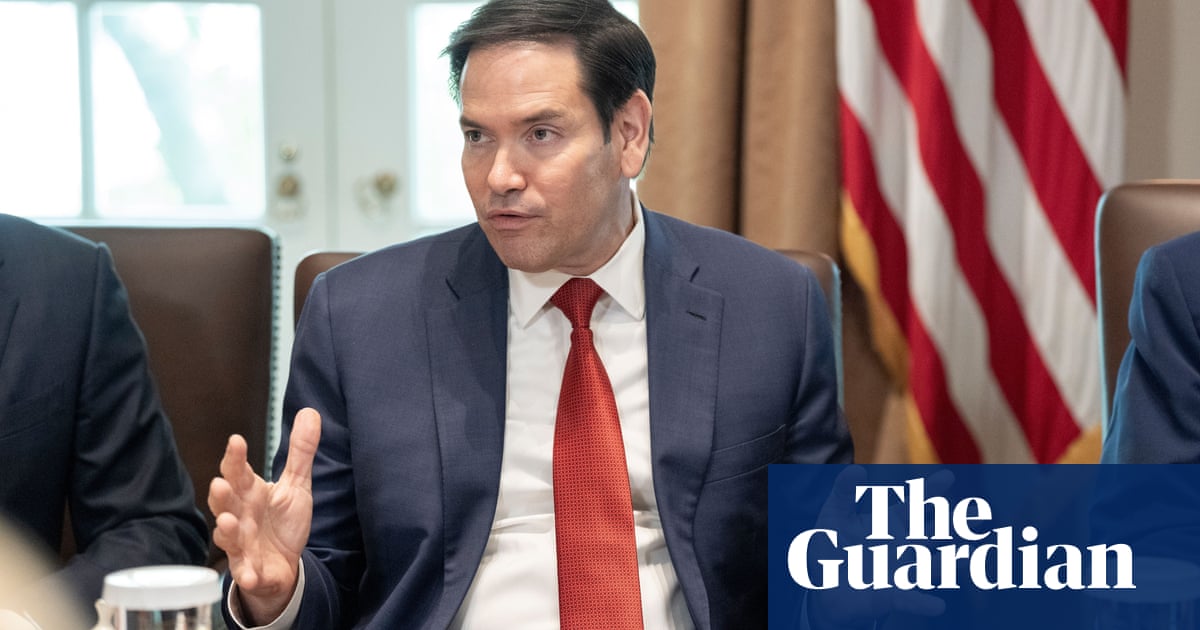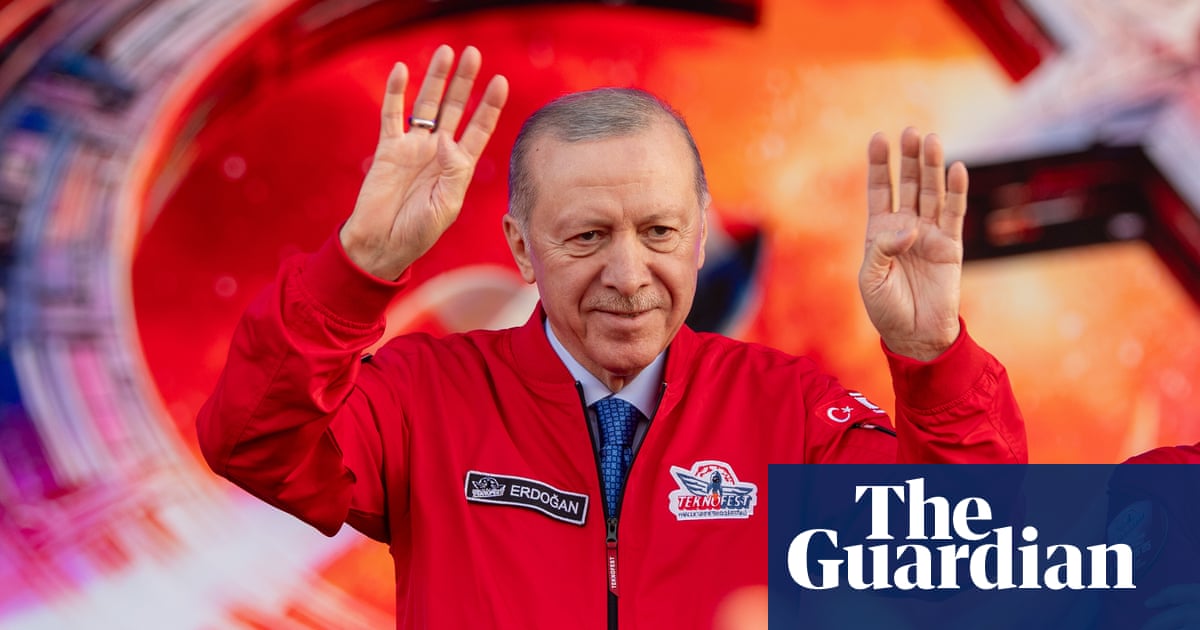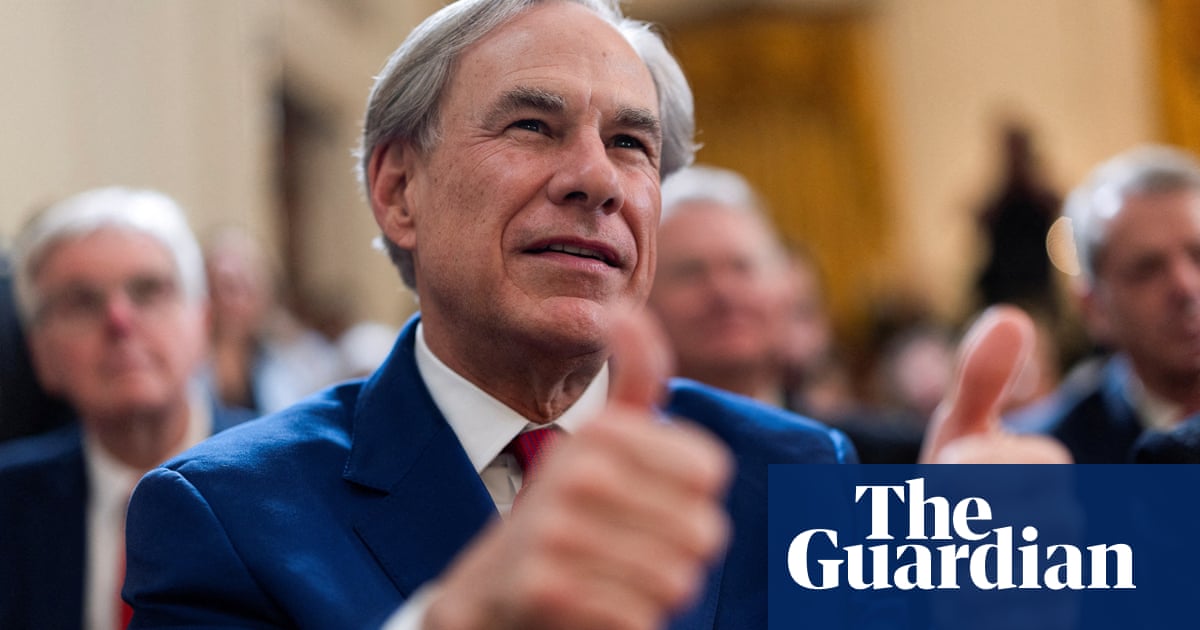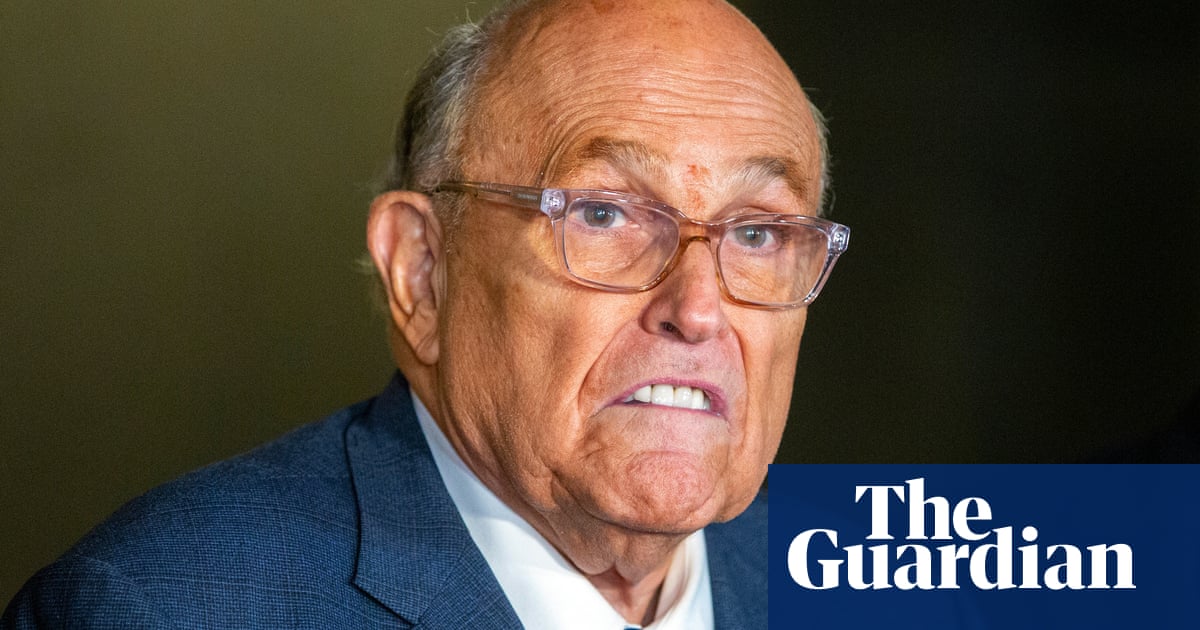Australia’s centre-left prime minister, Anthony Albanese, has won a second term with a crushing victory over the opposition, whose rightwing leader, Peter Dutton, failed to brush off comparisons with Donald Trump and ended up losing his own seat.
Albanese’s Labor party scored an unexpectedly comfortable win on Saturday, after a five-week election campaign that was dominated by the cost of living and global economic uncertainty.
At the turn of the year, Labor was struggling in the polls, but Dutton ran a campaign derided by commentators as one of the worst in Australian political history, and the former police detective struggled to clearly dissociate himself from some Trump-like rhetoric and policies.
Albanese, 62, had pitched himself as a steady hand to guide Australia through a period of global turbulence turbocharged by Trump’s tariff war. He becomes the first Australian prime minister to serve consecutive terms since 2004.

With counting continuing into Sunday morning, Labor was projected to win comfortably more than 76 of the 150 lower house seats needed to form a majority government, with an increased share of votes bucking a recent trend against the two major parties.
Addressing the party faithful in Sydney, Albanese said voters had chosen Australian values, including “fairness, aspiration and opportunity for all”.
“Australians have voted for a future that holds true to these values, a future built on everything that brings us together as Australians, and everything that sets our nation apart from the world,” he said.
In an apparent reference to Trump’s policies, Albanese said he would “choose the Australian way”.
“We do not need to beg or borrow or copy from anywhere else. We do not seek our inspiration from overseas. We find it right here in our values and in our people,” he said.
As of early morning on Sunday in Australia, Labor was certain to add to the 77 seats it held going into the election, with the opposition Liberal/National Coalition projected to receive its lowest ever national vote and to lose further seats.
In a six-minute concession speech, Dutton accepted “full responsibility” for the party’s wipeout, which included losing his own seat, and said that the party had unfortunately been “defined by our opponents in this election”.
“It’s not our night, as I point out, and there are good members, good candidates, who have lost their seats or their ambition, and I’m sorry for that … we have an amazing party, and we’ll rebuild.”
The Australian conservative party’s loss mirrored that of the recent election in Canada where the centre-left Liberal party won a fourth-term despite being well behind in the polls in the leadup to the election.
Like Dutton, Canada’s Conservative leader, Pierre Poilievre, lost the seat he had held since 2004 in an election dominated by the impact of Trump’s presidency.
Meanwhile, most if not all of the inner-city “teal” independents elected at the previous poll in 2022 seemed certain to retain their seats, with several other independents, some in regional areas, having a good chance of adding to their number.
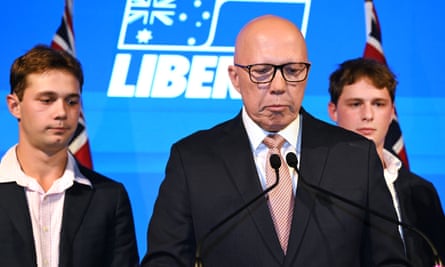
However, it was a disappointing night for the Greens, who were projected to lose two of the three Brisbane seats they sensationally won in 2022, even as their national vote remained static at around 13%. Even the apparently safe Melbourne seat of their leader, Adam Bandt, seemed in a certain amount of jeopardy.
Dutton was first elected in 2001 and is one of his party’s most senior members. He has held a number of ministerial positions, including defence and immigration, since 2013.
He had consistently led in the national polls since the end of 2023, but the US’s decision to place tariffs on Australian exports made associations with Trump detrimental to the opposition party’s brand.
The opposition leader avoided mentioning the US president during the election campaign, even as some of his senior colleagues referred to Trump’s slogans at political rallies.
Months before the campaign officially kicked off, Dutton had announced a government efficiency unit to scale back “waste”, mirroring the Elon Musk-led so-called “department of government efficiency” in the US.
The opposition’s Indigenous affairs spokesperson, Jacinta Nampijinpa Price, who used Trump’s slogan during the campaign, accused the media of “slinging mud” and “smearing” the party for making links to the US president.
“Donald Trump doesn’t own those four words,” the senator said on ABC, referring to the Make Australia Great Again slogan she used.
Counting to determine the final shape of the House of Representatives and the Senate (the upper house) will take several days, if not weeks in the case of a few seats.
Voting is compulsory in Australia and is based on a preferential voting system. Voters number candidates in order of their preferences for both houses.
The rise of independent challengers has complicated the counting process, with complex preference flows requiring more time to determine the final two candidates.
Australia has had six different prime ministers in two decades after a series of leadership changes amid internal politics.

 15 hours ago
6
15 hours ago
6
